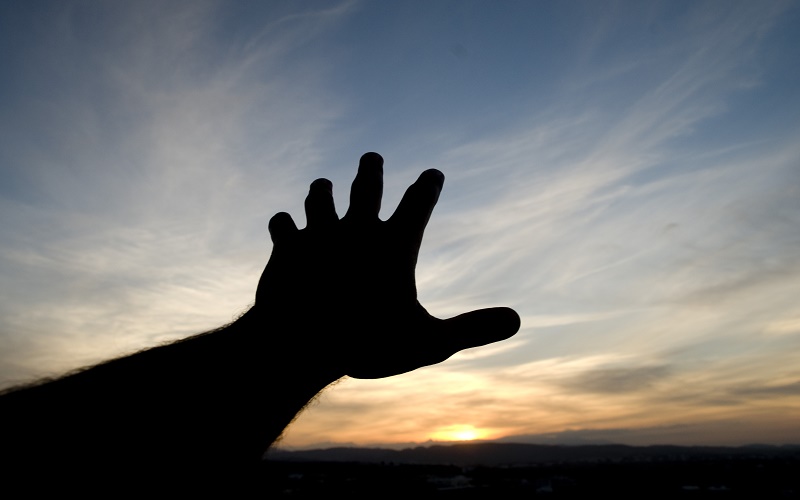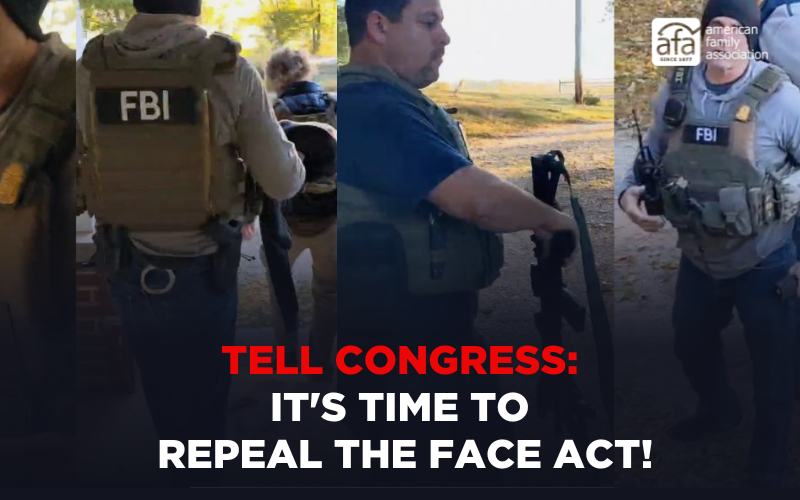Shame on Justice John Roberts
Sign up for a six month free
trial of The Stand Magazine!
The Founding Fathers set out to craft the Constitution for the specific purpose of telling the new central government what it could NOT do. Patrick Henry and others refused to support the new Constitution because it did not contain a Bill of Rights, which would set out clearly the rights ordinary Americans possess which the federal government would not be allowed to take away.
Henry was afraid that without clear, unambiguous restraints on the power and reach of the central government, we would simply be exchanging a new tyrant – King Government – for the one we had just gotten rid of, King George.
So a cluster of amendments was drafted and quickly adopted by the states. Ten shackles were forged for the federal government which became known as the Bill of Rights. Based on their recent history with England, the Founders were eager, as the first order of business, to make it clear that the just-formed government would be absolutely forbidden to tell the church how to do its business. John Bunyan, the author of Pilgrim’s Progress, was locked up in jail for 12 years for preaching without a license. The Founders were determined that something like that would never get a foothold here.
According to the First Amendment, the government would be resolutely forbidden to “establish” an official church for the United States. It was forever prevented from picking one Christian denomination and making it the American equivalent of the Anglican Church and requiring American citizens to support an official church with their tax dollars.
But secondly, and more importantly, the federal government was forever enjoined from writing rules for churches. “Congress shall make no law respecting an establishment of religion, or prohibiting the free exercise thereof. Churches would be forever free to decide how they governed themselves, how often they met, and how big they allowed themselves to become. The federal government would permanently be bound down “from mischief by the chains of the Constitution,” as Jefferson so eloquently put it.
Looks like it’s time to send Chief Justice John Roberts to a remedial class on the Constitution. Beginning with his misbegotten change of mind on ObamaCare, he has increasingly lurched leftward. He took the final step on Friday when he ruled that the federal government, through the judiciary, can prohibit the free exercise of religion after all – by prescribing a limit to the number of parishioners each church is allowed to have in a worship service.
One hundred is the number, it turns out. Roberts told the South Bay United Pentecostal Church in Chula Vista California that in-church gatherings can only reach 25% of the church’s seating capacity, and even then once the 100th person walks into the sanctuary, the doors must be shut and padlocked. No one else is allowed to enter. This is according to an edict from Governor Gavin Newsom, who is most decidedly not a careful student of the Constitution.
The constitutionally-minded justices, of which Roberts used to be one, all vigorously disagreed, to a man. Justices Clarence Thomas, Samuel Alito, Neil Gorsuch, and Brett Kavanaugh stood squarely on the Constitution and said this opinion is wretched and cannot be allowed to stand.
In his dissent, Kavanaugh pointed out that “comparable secular businesses” such as supermarkets, stores, hair salons, and marijuana dispensaries are not subject to the same government-imposed restrictions as churches. In their view, this ruling from the Chief Justice and his liberal cohorts represented blatant anti-Christian, nay, anti-Christ, discrimination and is thus an intolerable breach of constitutional principle.
“The church and its congregants simply want to be treated equally to comparable secular businesses,” wrote Kavanaugh. “California already trusts its residents and any number of businesses to adhere to proper social distancing and hygiene practices.” If so, then they certainly can be trusted with their most important constitutional right, the guarantee of the free exercise of religion.
One pastor whose church was forbidden even to meet at all demonstrated the absurdity of the restriction by taking his entire church to Wal-Mart, where his parishioners, all of them, were freely able to meet and mingle. They just couldn’t do the same thing inside their own building. This is an eye-watering display of folly and hypocrisy.
As Attorney General Bill Barr noted in a letter, instructing states and churches to ignore Mickey Mouse rulings like this one, “there is no pandemic exception to the U.S. Constitution.” There is no place in there where it says your constitutional right to free speech, for example, is valid only as long as folks are not coming down with the flu. Nor can you be denied a trial by a jury of your peers (Fifth Amendment) just because some of your peers are running a fever. It would be just like saying you’re only exempt from slavery (13th Amendment) as long as you’re not in the middle of an influenza epidemic, at which point all constitutional rights, including your right to live as a free man, are suspended. The very idea is ludicrous.
John Roberts: one small step for a man, one giant leap backward for a country.
The author may be contacted at [email protected]

Sign up for a free six-month trial of
The Stand Magazine!
Sign up for free to receive notable blogs delivered to your email weekly.


















